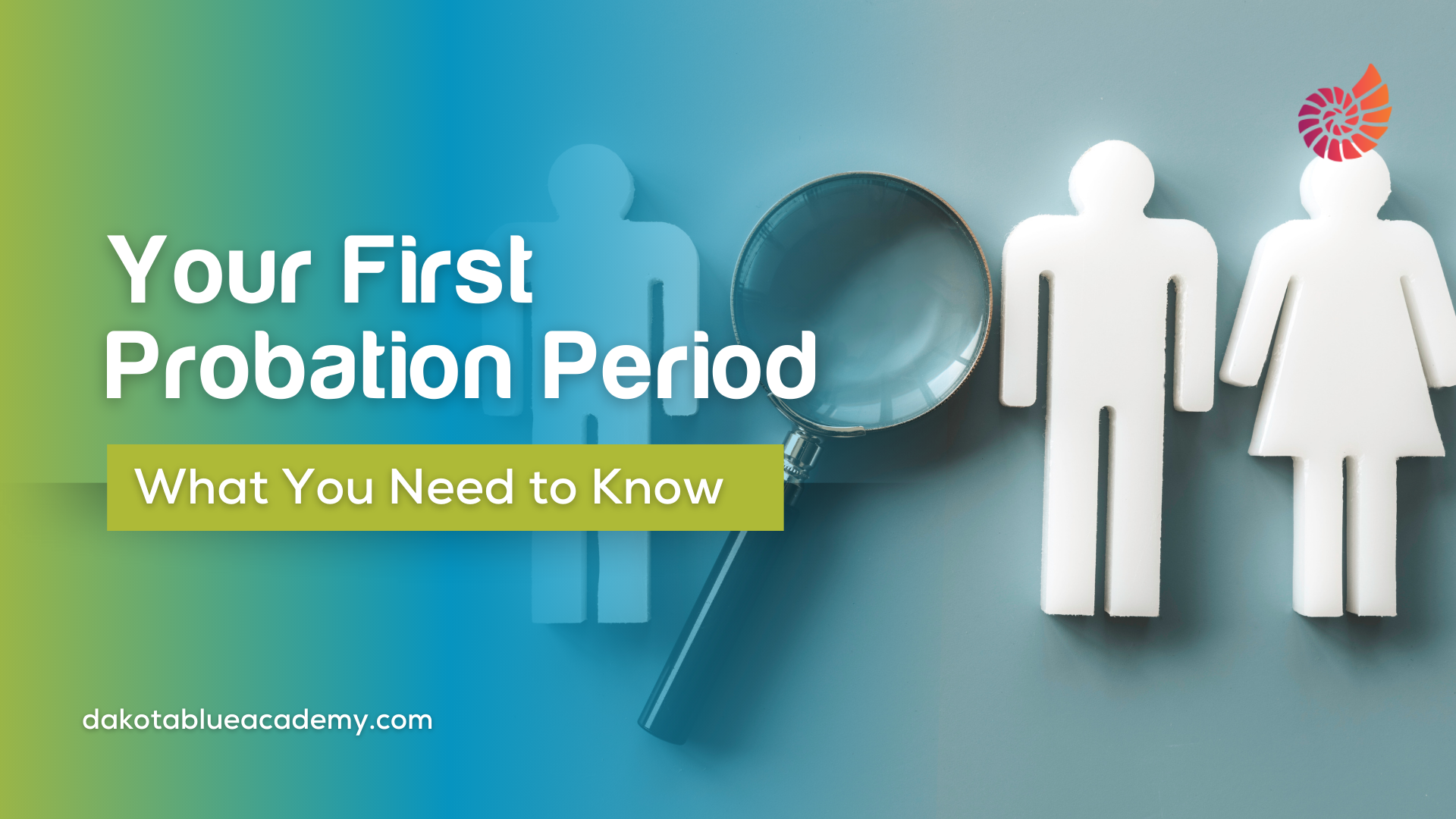
Your First Probation Period: What You Need to Know (But No One Explains)
7th May 2025
Recruiting your first employee is a big moment. But what many small business owners don’t realise is that the first few months, the work probation period, are just as important as the hiring decision itself.
Most people think of probation as a test for the employee. But here’s the truth: it’s your safety net too.
Let’s break down what you need to know to get it right.
What’s a probation period, really?
A probation period is a set amount of time at the start of a new employee’s job (usually 3 or 6 months). It gives you a chance to check if the person is the right fit not just for the job, but for your business overall.
Think of it like a "getting to know you" phase where both sides see if the match is working.
And it’s not just good practice; it protects your business. If things don’t work out, it’s easier to part ways during probation, as long as you’ve set things up properly.
It’s about more than just doing the job.
During probation, you’re not just looking at whether the person can do the tasks.
You’re also checking:
- Are they reliable?
- Do they work well with others?
- Are they open to feedback?
- Do they fit into the way your business runs?
Someone might be brilliant technically but not work well in your team culture.
A probation period gives you time to spot these things early.
Be aware: probation doesn’t remove all employee rights.
In the UK, employees have certain legal rights from day one, even during probation.
You can still dismiss someone if things aren’t working out. But you must make sure that you don’t dismiss for an automatically unfair reason (like pregnancy, whistleblowing, and discrimination). You should give them a fair chance to improve, follow a basic fair process, communicate clearly and offer feedback. You must also respect the correct notice period (as indicated in the contract of employment).
Even without full unfair dismissal protection (which only kicks in after 2 years), handling probationary dismissals fairly protects your business from any potential claims.
A tip for you, having clear probation terms in writing can make things a lot easier if you do need to part ways.
The #1 thing small businesses often miss: an extension option.
One of the most common mistakes is forgetting to include the right to extend the probationary period in your contract.
Sometimes a new employee just needs a little longer to prove themselves. If your contract or offer letter doesn’t say you can extend the probationary period, you might be stuck, either keeping someone you’re not sure about or ending their employment before they’ve had a fair chance at demonstrating their full capabilities.
That’s a lot of unnecessary pressure for both you and the employee you can avoid with a simple clause!
Talk to your employee, don’t leave it to chance.
The probationary period isn’t a silent exam.
Have regular check-ins and keep the conversation open. Tell them what’s going well and what could be better.
Waiting until the end of probation to raise concerns usually leads to shock, upset, complaints and potentially bad publicity for your business.
When you’re upfront and supportive, employees have a real chance to succeed.
And if things don’t work out, it makes the exit smoother, fairer, and legally safer for you too.
Key Takeaway
A well-handled probationary period gives you the confidence you’re building the right team and protects your business if things don’t work out.
Make it clear. Make it fair. And make sure you’re covered.
Need a simple, ready-to-go probation template and guidelines?
Download it now from Dakota Blue Academy and feel confident managing your first (or next) probationary period. Sign up now!


